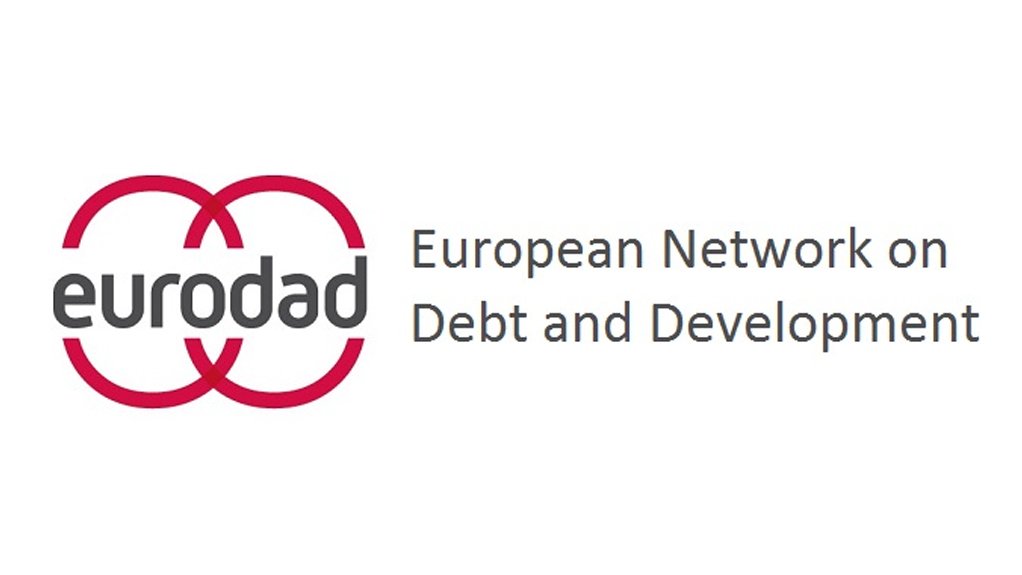- Aid under threat: The shadowy business of private sector instruments1.30 MB
Since 2018, temporary rules have allowed donor countries to report private-sector oriented operations, known as Private Sector Instruments, as official development assistance. In this report, we chart the increased use of such operations, highlight problematic gaps in transparency and accountability, and end with recommendations both for the OECD DAC and wider civil society.
For the first time in over three decades, the Human Development Index (2021/2022) – which measures each country’s social and economic development – has fallen globally, clearly indicating the huge setbacks that nations across the global south are facing in terms of health, education and living standards. Official development assistance (ODA or aid) remains the best financial support many countries receive because it supports the budgets that deliver public services, especially in least developed and low-income countries. Despite this, the way that aid is channelled to the countries most in need has changed tremendously in the past decade – public sector investment has been decreasing, while private-sector oriented operations have increased.
Back in 2016 members of the OECD Development Assistance Committee (DAC) – a group of donor countries that monitor and report on their own aid commitments – decided to relax long standing rules and allow the counting of finance to leverage private investment as ODA. For the first time the principle that aid must be concessional (i.e. more generous than market rates) would no longer be the only criteria to make a financial flow eligible. Following this, DAC members agreed temporary rules on how to report the use of private sector instruments (PSIs) in ODA, in 2018.
In late October 2023, DAC members finally agreed to permanent rules and the expansion of the existing measures to instruments such as guarantees and mezzanines. This new agreement will likely mean channelling more ODA through private sector oriented projects, raising concerns about whether this is the best use of scarce ODA resources. Civil society organisations(CSOs) around the world have consistently questioned the ability of these opaque instruments to reach those most in need, thus diverting scarce resources from where they have most impact.
This report provides a fresh analysis of the most recent data available on private sector instruments reported as ODA for the period 2018 to 2021. The analysis sheds light on the current transparency and accountability gaps in the information reported by DAC members to the OECD. It shows they are failing to report the information required by the 2018 PSI reporting rules that they agreed to, notably on additionality (the added value of using aid to attract private investment to a particular sector or country) – the primary criterion for private sector instruments to be ODA-eligible. These gaps are particularly problematic as they leave the development community, and the broader public, without the necessary information to assess whether ODA is effectively allocated according to where it is most needed and to hold wealthy countries accountable for the activities supported with aid resources. Thus, this report includes a strong call to DAC members to increase the level of transparency and accountability of their aid resources, as a way to ensure that they deliver the greatest development impact.
In addition, this report pays special attention to ODA channelled by the development finance institutions (DFIs) of four major DAC members. These are the United Kingdom’s BII, the European Union’s European Investment Bank (EIB), Germany’s DEG and KfW and France’s Proparco. Between 2018 and 2021, DFIs have been the main implementers of PSI ODA with an average of 85 per cent channelled through them. These four DFIs alone have implemented a total of US$ 15 billion (equivalent to 73 per cent of the total ODA reported between 2018 and 2021). The analysis shows that they are largely responsible for the important gaps and inconsistencies in the data reported to the OECD.
This report closes with a set of recommendations to DAC members, who will be responsible for implementing the new rules for reporting private sector instruments from 2023. It also offers recommendations for those CSOs monitoring the quality and quantity of ODA and encourages additional and renewed civil society advocacy and engagement on this topic.
Report by Eurodad
EMAIL THIS ARTICLE SAVE THIS ARTICLE ARTICLE ENQUIRY
To subscribe email subscriptions@creamermedia.co.za or click here
To advertise email advertising@creamermedia.co.za or click here











